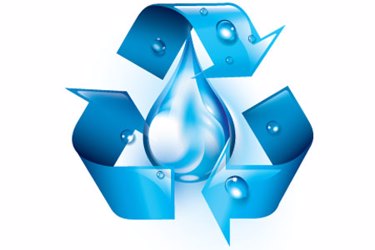How Decentralized Wastewater Treatment Can Protect Against Drought

Not long ago, water reuse was seen as a politically unsavory solution to water conservation. However, after more than a decade of drought in the western U.S. and other parts of the world, public and private perception of the topic has come around. Many water utilities and municipalities see water reuse as an integral part of water conservation. Much of public education about water conservation has changed. All this has helped people to understand that even though water is abundant on Earth, potable water is not.
In addition to education, a big part of this acceptance comes from the abundance of technologies that can remove solids and contaminants to make water potable. Just as decentralized water treatment is an essential part of potable water portfolios, so too is decentralized water reuse.
Water utilities should understand the technologies that can be leveraged in a decentralized system and how they can open up new opportunities for innovation and ultimately better water management in the face of drought.
Get unlimited access to:
Enter your credentials below to log in. Not yet a member of Water Online? Subscribe today.
